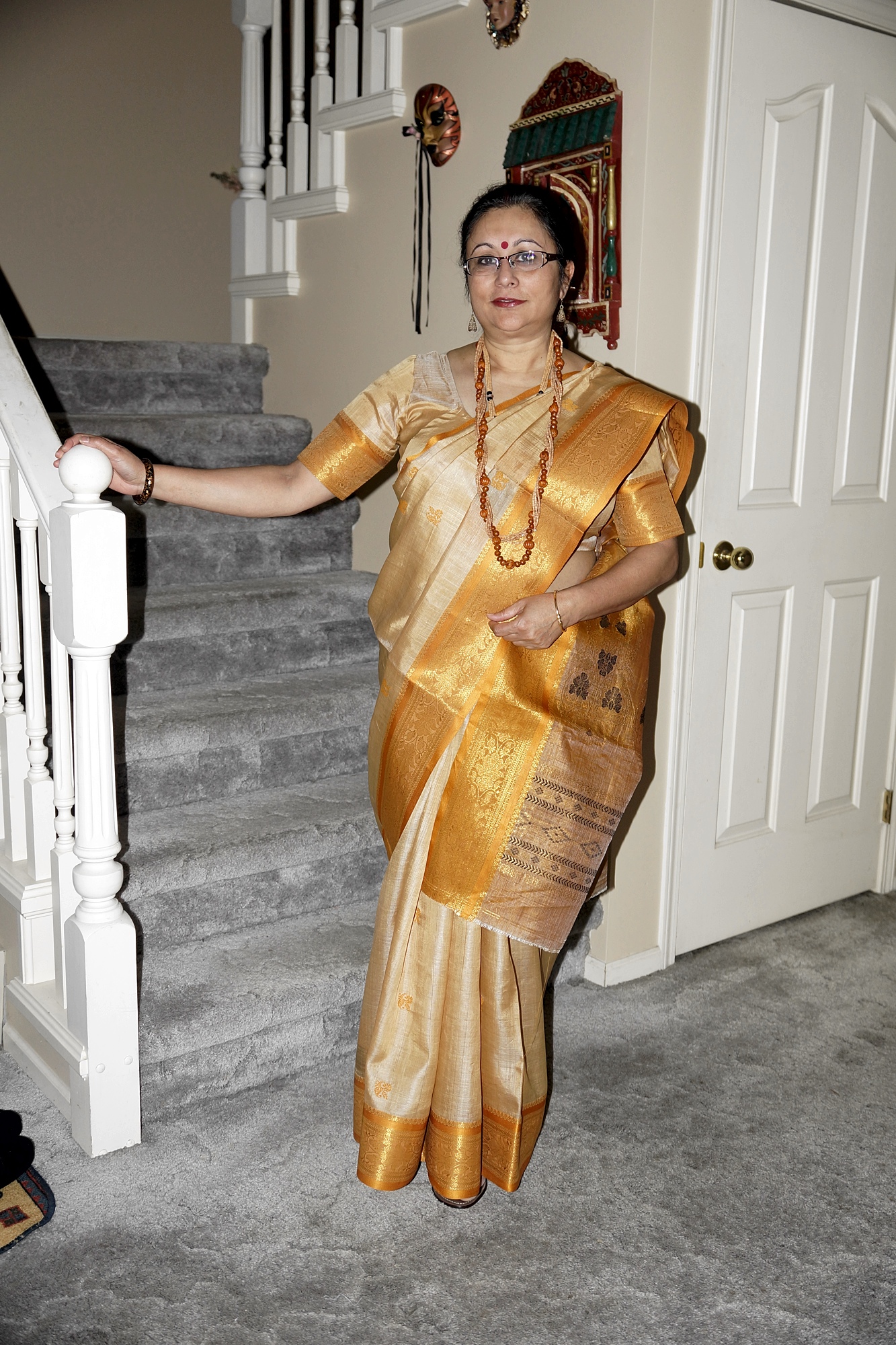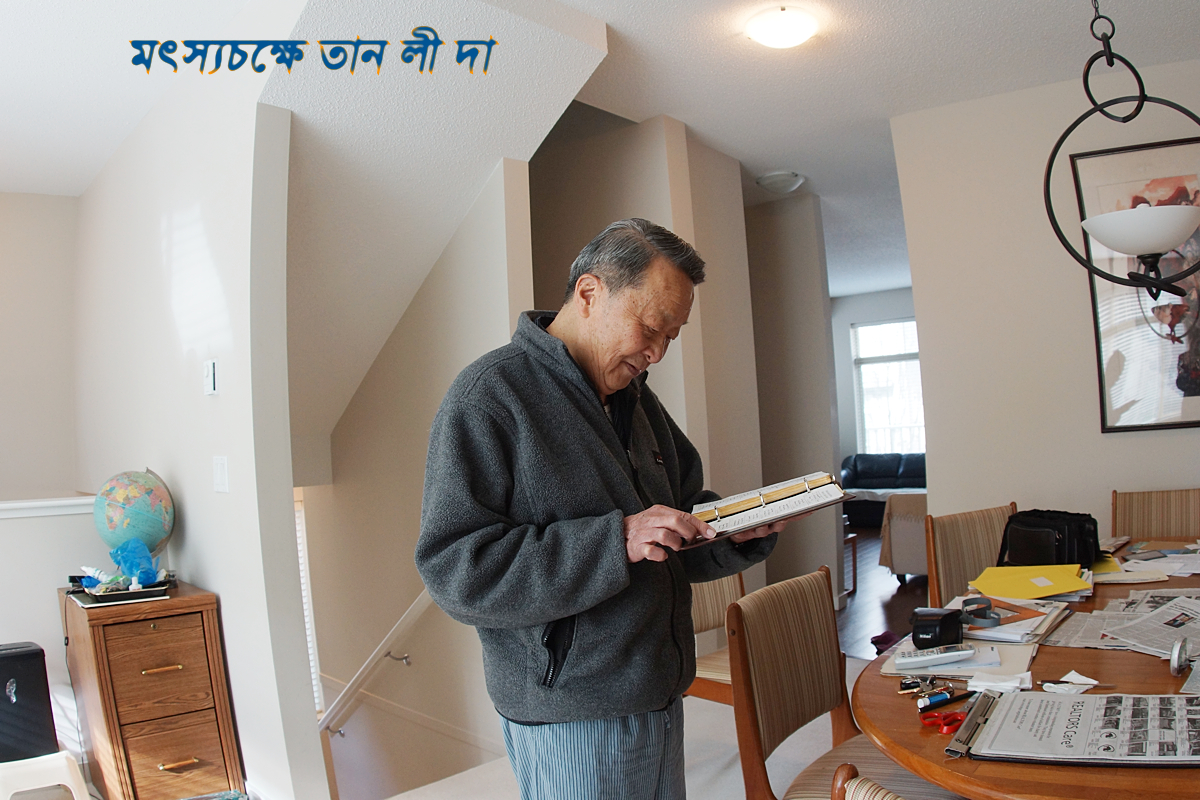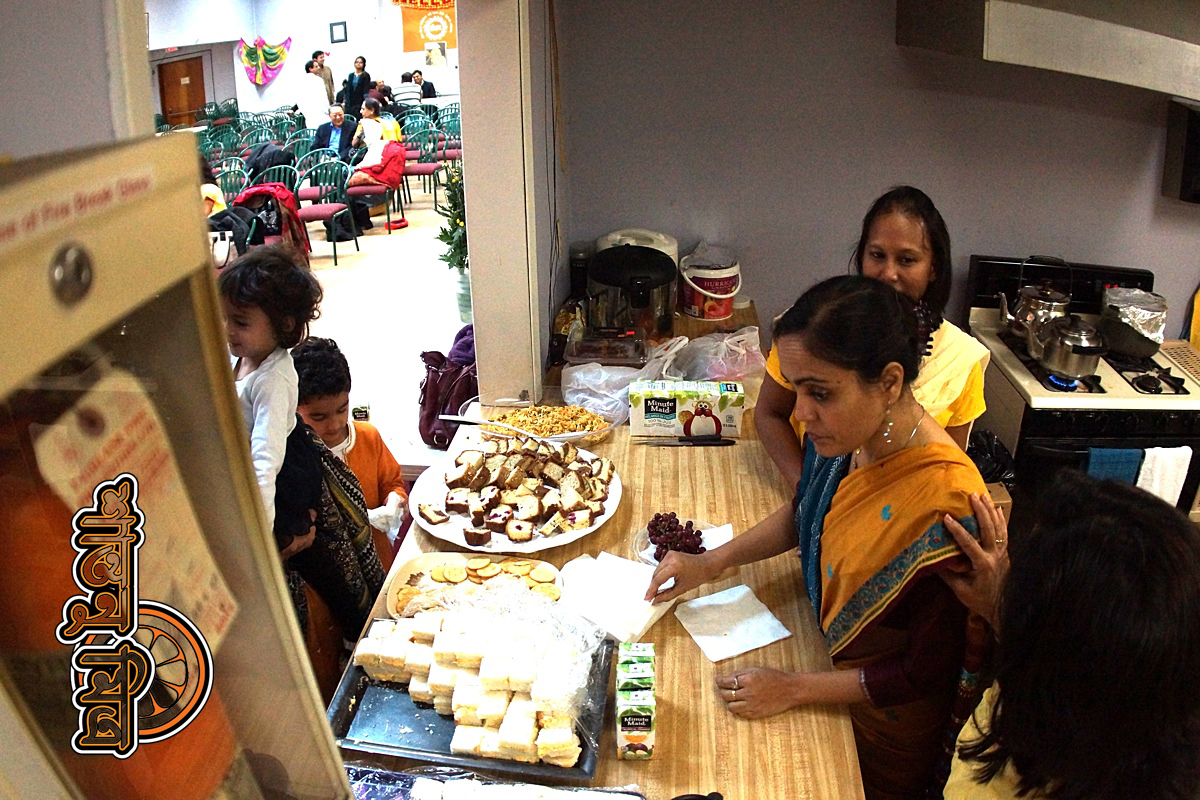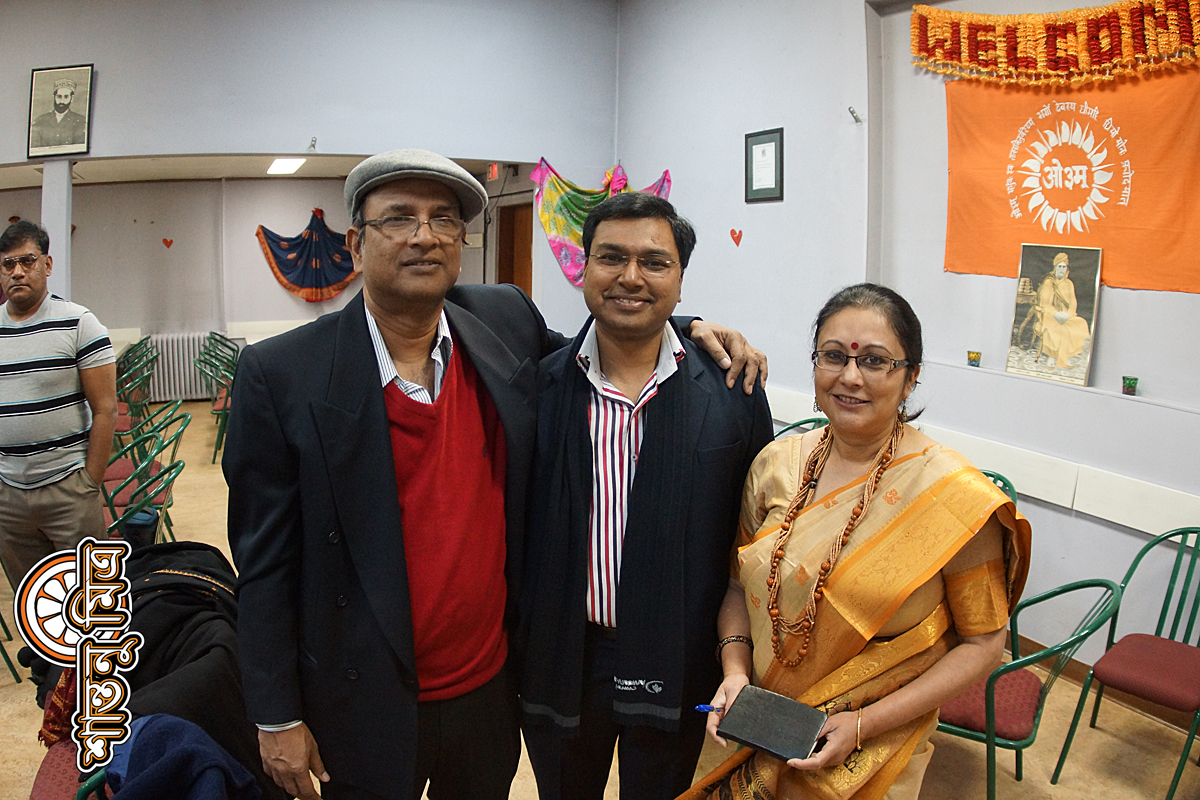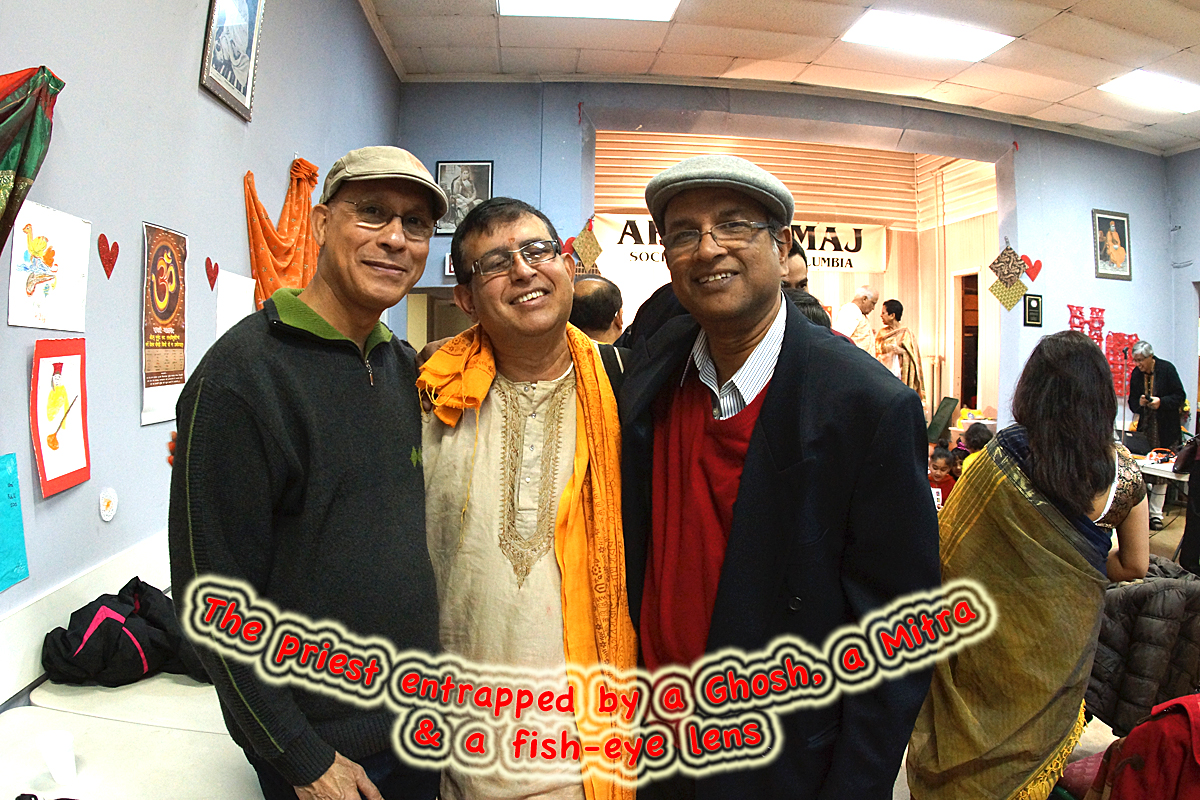Sotuda had made a request.
The request was for a brainstorming.
The invitees where, I suppose, the Alumni of Visva Bharati.
The subject is a bit vague, but is to do with some conflict that reportedly happened a few days ago, between the University and a nearby resident with multiple generational connection with Visva Bharati, on the issue of land use relating to access to resident quarters.
Lately, I have been staying away from the whole Santiniketan scene, through a serious sense of disillusionment, and a feeling that my interest is better served in worthier projects with worthier efforts involving worthier people. I learned to distinguish Tagore, from the Tagorians. I could live with Tagore, but not so much with the born again Tagorians.
But, old habits die hard, and once in a while, we get bitten by the Tagorian bug, and we end up responding to tug at our aging heart, on issues raised by the people I know from Santiniketan.
And so, I ended up responding to Sotuda on Pradeep Malhotra’s google Santiniketan board, where I saw the original request.
But, my views, while likely to be too caustic to be popular – are, in my view, hard truths, and hence perhaps deserve to be archived in one place, on a blog of an opinionated so and so.
And thus, I record it here – albeit proof reading it hurriedly, and editing the text a bit.
————————————–
Invitation to a brainstorming
Responding to your invitation for a brainstorming, – your second paragraph seems to identify the subject – which relates to the Ukil incidence.
A Facebook friendship that did not last
I do not know enough details of the Ukil case in itself. A few years ago Satyasree was a FB friend of mine. He at one time started tagging me or mentioning me incessantly in his posts which often related to a conflict that appeared to be brewing with VB about access to his home. This barrage of too many of his posts where I was mentioned and therefore got notification from FB, was beginning to flood my personal space. I did not like being forced to read all his posts, and preferred not to be notified every time he posted something.
So I informed him not to tag or mention me constantly in his posts. My intention was not to hurt Satyasree’s feelings and neither to appear uncaring about his plight. I just did not want to be flooded with his posts, thats all.
However, I have a direct way to addressing issues and perhaps with less tact than others. I might have inherited this part form my mother.
Anyhow Satyasree did not like my comment, and made a few counter comments that I did not appreciate. Subsequently we are no more friends in FB, an unfortunate development.
On the generic topic of encroachment
Having clarified that – I feel I might respond to your invitation to “brainstorming” on the generic topic, Sotuda, and not about the Ukil case.
I have vivid recollection of discussion by my parents, uncles and other elders relating to this very topic – of encroachment into Visva Bharati land as well as stealing of non-VB public land by prominent employees of Visva Bharati. I was a school boy then and heard all that by accident. But I could follow the topic and absorb it. I could see how both the Stalwarts as well as ordinary workers were all engaged in unethical encroachment of public land.
Legality is one thing – ethics is another. To me this distinction is very important – if we claim to wish help either VB or Rabindranath’s dream of a building a inclusive just society.
The Aban Palli Story
Then there was this case with my mother’s plot in Aban Palli.
A respected University employee built a house and promptly gobbled up a road that was to pass by his plot. He planted trees and constructed a well on that slice of land, so that it would now be difficult to undo the deed.
A proposal was then made to divert the missing section of the road to go along a nearby plot of land my mother owned, so that she would lose a slice of it, due no fault of hers, to compensate for the stolen road by another person. I was a school kid then.
My mother is made of a different material. She had a penchant for standing up for things she believed in.
She consulted with Ashoke Bijoy Raha, my uncles, and a lawyer and was ready to initiate a civil court case against the Gentleman responsible. But the advice she got was not to take that step right away, but rather, erect a four feet brick wall along the southern boundary of her plot which would be in the path of this “diverted road”. If any miscreant was to break that wall in order to construct a road, then she should use that evidence and initiate a much more serious court case.
I still remember the words used by Ashoke Bijoy Raha to describe what that kind of court case is called in Bengali. “Fouzedari Mamla”, he would thunder. I still do not know what exactly is Fouzdari mamla, but will never forget that term, and Ashoke Bijoy Raha, a generally mild mannered person – used a thundering voice to highlight its significance.
The wall was erected overnight and it stands to this date. No further encroachment happened into our land. The entire community suffers there because one part of a useful road is missing and people have to use circuitous ways to go about.
Years later, after the gentleman passed away, his wife apparently admitted to my mother of the “mistake” and implied that the land allocated for the road was consumed by mistake and not by intension. My mother told me about it. By then I was living far away from Santiniketan and only visited there on occasion.
Mistake or not – the family did not correct the mistake and did not give the land back. The missing section of the road remains missing till this date, even when most of their children are also getting old and dispersed around the world, and do not even live in that house.
Mistakes do not get corrected in Santiniketan
A mistake never gets corrected around Santiniketan. This is a lesson with multiple examples. We like to keep mistakes unrecognized, unaddressed and uncorrected. We do not like clarity to emerge from a complicated issue.
Correcting a mistake needs public admittance that a mistake has been made. Correcting such mistakes requires a mind set, an ethos, a humanity, a commitment to community building that the residents of Santiniketan never learned from Rabindranath, despite all of his efforts.
Unless we address such fundamental shortcomings within ourselves first – every other dialog remains useless. It may assume a gloss of pomp and ceremony, but remain hollow and without substance and ultimately useless and general waste of time.
We represent cumulative generations of people that live in denial and engage in obfuscation of truth.
You want to do brainstorming with all the root issues under the carpet ? What kind of a brain is needed for that and what kind of a storm are we to get? A storm in a tea cup?
For all these reasons, I have found it difficult to respect people from my heart when I find people circumvent hard truths and opt to tap dance for superficiality.
Santiniketan has no real community
The general community building ethos that Rabindranath tried so tried to inculcate into our minds – of sharing and working not only for one’s own needs but also for the common good – is almost totally missing from our dialogs these days. Shyamali Khastgir might have been the last champion – but she too got mostly superficial support and has posthumously turned into a symbol to show off, but not to follow.
This is the ethos that Gandhi, Tagore and others of their time tried to instill into the people. And they all failed.
If that ethos could be cemented as a foundation in a small community such as Santiniketan – further structures could be built regarding harmony. Issues such as access to residence could perhaps be resolved by community discussions and willingness to admit faults and make required sacrifice where needed for a common good. Solution could perhaps be found following the age old idiom – বিস্বাসে মিলায় বস্তু – তর্কে বহুদূর।
What community building ?
This ethos was to be a part of a huge nation building effort by Tagore around Santiniketan, which starts with changing of one’s own paradigm with regard to what is mine only, and what should be for everybody’s benefit.
Instead of understanding this ethos, let alone believing in it and engaging in it actively – we have created generations of pundits that like lecturing everyone else how great Rabindranath’s humanism was, and why Santiniketan should be a heritage site.
I used to feel sorry for my father, my mother, and many others that clearly did not like how the selfish gene had penetrated so deeply into people of Santiniketan. They had in their heart an idealistic image of a Santiniketan that they developed from the time of their youth when Rabindranath himself was alive. They lamented the loss of that Santiniketan.
They did not highlight the root causes in widely circulated platforms. They did not have a progressive platform where such subjects would be widely discussed. They had no access to wider news media. There was no internet those days. Community building was not a topic of discussion in my childhood around the circle of people I knew.
Rising above the selfish gene
How about standing up and admitting that mistakes have been committed, either legally, or morally, or even ethically, that leaves less for the community that was supposed to be Santiniketan, of which Visva Bharati was to be an integral part?
Once we can admit to such mistakes, and thus prove we have risen above the selfish gene – one can brainstorm on finding solutions.
How about a genuine effort to consider offering VB to buy back that house and plot, thus solving the issue for good, and allowing VB to use your property for the common good of the University, as they clearly need to expand.
As it is, most of us do not live in the house built by our parents. We have better quarters elsewhere. Why do we need to cling on to something that can better serve the University ?
I did try to give away my father’s Binoy Bhavan house to the University after he passed away, but found it hard to get anybody interested in VB. I, along with my brother, even visited Kala Bhavana to check if it was practical for Kala Bhavana to be gifted with the house. But it did not work out. Nobody seemed seriously interested in VB, primarily because my fathers house was far away from VB land and perhaps there was no mechanism or interest at the time for VB to look into these issues.
A spectacular failure
We need to change our mindset – and try to adopt the community building character and belief that Rabindranath tried so hard to build, and failed so spectacularly, thanks to the Rabindra-devotees that have been so busy milking the Tagorian cow for all it is worth.
One of the reason I stay away from ex-student bodies is the sheer lack of depth in most everything that they do.
A dangerous tradition
There is a dangerous tradition of refusing to call a spade a spade, along with a caustic trend of keeping unpleasant truths shrouded in mystery or kept under wraps.
One thing the Alumni might consider is this – why don’t good people come forward with lots of good suggestions and engage in constructive debates on the issues of the day? Why is it that all efforts to have a healthy and highly participated debate amongst ex-students normally does not bear fruit? As the proverbial saying goes – the silence id deafening.
There usually is a reason why good people do not waste time with these topics. Good people are busy, and do not like to engage in pursuits of absurdities.
Neither the University, nor the people living off it and around it, or people wanting to capitalize on it half a world away, seem to have the stomach for truth. A vast majority of folks refuse to stand up for anything at all, and will only engage is trivia and rubbish. A deafening silence is the common outcome of all efforts at any root cause analysis of anything.
That more or less explains why no real brainstorming is possible with the Alumni or with anybody related to Santiniketan.
We are all afraid of truth.
One cannot engage in brainstorming, if one cannot face truth.
Besides, one must have a brain to start with, and then be willing to seriously engage it on difficult and unpleasant issues. One must also have the right mind set, dedication and doggedness to progress through a difficult an unpleasant but necessary processes.
So that is my contribution and the quota for the month Sotuda – towards a brainstorming.
I wonder if you got more than you had hoped for.
Cheers and best regards
Tonu

